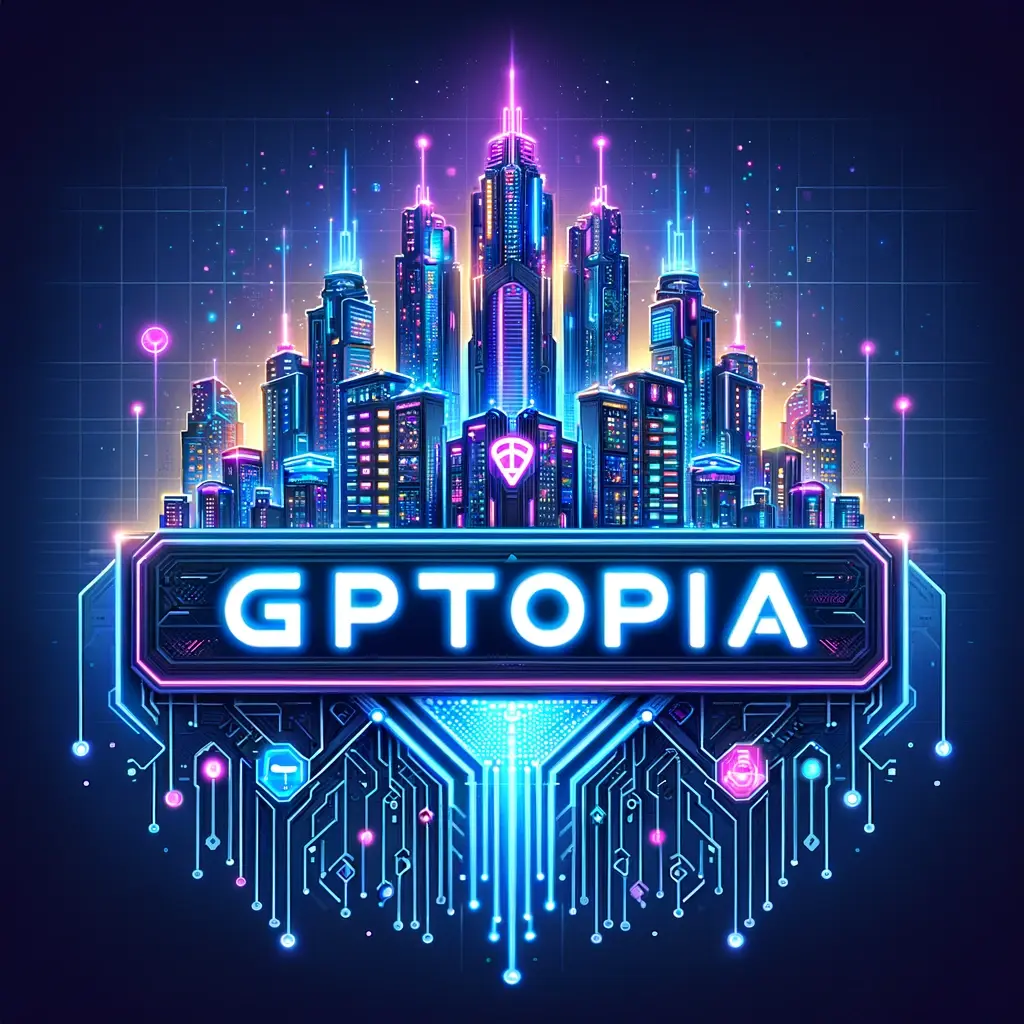complete article index can be found at
https://ideabrella.com/papers/articles
Swarm Intelligence in Action: Harnessing Collaborative AI Ecosystems ZEN 💡
·
Swarm Intelligence in Action: Harnessing Collaborative AI Ecosystems
Swarm intelligence has long been a concept inspired by nature, where the collective behavior of organisms like ants, bees, or birds results in remarkable efficiency and problem-solving.
In the realm of artificial intelligence (AI), swarm intelligence takes on a transformative role by orchestrating collaborative AI ecosystems.
This article explores how swarm intelligence can be leveraged to solve multifaceted problems, foster innovation, and redefine human-AI collaboration.
The Concept of Swarm Intelligence in AI
What Is Swarm Intelligence?
Swarm intelligence refers to the collective problem-solving capabilities that emerge from the interaction of multiple agents, each with limited individual capabilities.
In AI ecosystems, this involves:
Decentralized Decision-Making: Each AI agent operates autonomously, contributing to the collective goal.
Adaptive Collaboration: AI agents dynamically adjust their roles based on feedback and environmental changes.
Emergent Solutions: Complex solutions arise from the interaction of simpler agents.
How Swarm Intelligence Works in AI
Swarm intelligence in AI is built on principles such as:
Self-Organization: Agents organize themselves without a central authority.
Scalability: Systems can scale up or down based on the number of agents involved.
Flexibility: Swarms adapt to new challenges or disruptions with minimal human intervention.
Swarm intelligence models also incorporate advanced computational techniques like reinforcement learning, neural networks, and evolutionary algorithms.
These allow agents to learn from interactions, improve their efficiency, and discover optimal solutions for intricate problems.
Applications of Swarm Intelligence
Optimization and Resource Allocation
Swarm intelligence is revolutionizing industries that require complex optimization, including:
Logistics: AI swarms optimize supply chain operations, delivery routes, and inventory management, ensuring timely and cost-effective outcomes.
Energy Management: Coordinating distributed energy resources for efficient power distribution in smart grids and renewable energy systems.
Research and Development
The collective power of AI swarms accelerates discovery in various fields:
Drug Discovery: AI swarms collaborate to analyze chemical compounds, simulate molecular interactions, and predict potential treatments for diseases.
Material Science: Identifying new materials by exploring vast design spaces collaboratively, reducing the time and cost of experimentation.
Problem Solving
Swarm intelligence excels in addressing challenges that benefit from diverse perspectives:
Crowdsourced Creativity: Leveraging AI swarms to brainstorm and refine ideas in design, marketing, and innovation, producing novel solutions.
Crisis Management: Coordinating disaster response efforts through AI-driven simulations and planning, improving response times and resource allocation.
Automation and Robotics
Swarm intelligence is integral to advancing automation technologies:
Autonomous Vehicles: Swarm behavior models enable fleets of drones or cars to navigate efficiently, avoid collisions, and cooperate in real time.
Manufacturing: Collaborative robots (cobots) working together to streamline production processes and adapt to changing demands on the factory floor.
Environmental Conservation
Swarm intelligence offers promising applications in sustainability:
Wildlife Monitoring: AI swarms track and study animal populations in remote areas, collecting valuable ecological data.
Pollution Control: Coordinating AI-driven robots to clean up ocean debris or monitor air quality in urban areas.
Benefits of Swarm Intelligence
Enhanced Efficiency
Swarm intelligence systems distribute tasks across multiple agents, leading to:
Faster problem resolution as tasks are handled concurrently.
Reduced computational overhead for individual agents, allowing them to focus on specific sub-tasks.
Resilience and Adaptability
Swarm systems are inherently robust, capable of:
Adapting to failures or changes in the environment without central oversight.
Maintaining functionality even when individual agents encounter issues, ensuring continuity.
Scalability
Swarm systems grow organically, handling increased complexity by:
Adding new agents without overhauling existing systems.
Ensuring seamless integration of additional resources to meet evolving challenges.
Cost-Effectiveness
By leveraging distributed systems, swarm intelligence reduces the need for centralized processing power, leading to:
Lower operational costs.
Efficient use of computational and physical resources.
Challenges and Considerations
Coordination and Communication
While swarm intelligence excels in decentralized systems, maintaining effective communication and coordination between agents is vital:
Avoiding communication bottlenecks that can slow down processes.
Ensuring agents remain aligned with collective goals to prevent conflicts or inefficiencies.
Ethical and Social Impacts
The adoption of swarm intelligence raises important ethical questions:
Addressing concerns over transparency and accountability in decision-making processes.
Preventing unintended consequences from emergent swarm behaviors that deviate from desired outcomes.
Computational Resources
Managing the increased resource demands of larger swarms is critical:
Optimizing algorithms to ensure efficiency without excessive costs.
Balancing computational intensity with practical constraints.
Future Directions
Hybrid Human-AI Swarms
Combining human expertise with AI swarm capabilities can unlock new possibilities:
Enhancing decision-making in complex scenarios by blending human intuition with AI precision.
Fostering creative and innovative solutions by integrating diverse perspectives and approaches.
Advanced Algorithms and Technologies
The evolution of swarm intelligence algorithms will enable:
Greater adaptability and precision in task execution, even in dynamic or uncertain environments.
Enhanced collaboration between heterogeneous AI agents, including those with specialized capabilities.
Cross-Domain Applications
Swarm intelligence will expand into new fields, including:
Urban Planning: Optimizing traffic flow, resource allocation, and emergency response in smart cities.
Environmental Conservation: Monitoring biodiversity, managing resources, and addressing climate change challenges.
Healthcare: Streamlining hospital logistics, patient monitoring, and collaborative diagnostics.
Integration with Emerging Technologies
Swarm intelligence will synergize with innovations such as:
Quantum Computing: Solving complex optimization problems with unprecedented speed and accuracy.
Blockchain: Providing secure and transparent task tracking, ensuring accountability across decentralized systems.
Conclusion
Swarm intelligence offers a powerful framework for harnessing the collective potential of AI ecosystems.
By enabling decentralized, adaptive, and scalable collaboration, swarm-based systems have the potential to revolutionize industries, drive innovation, and redefine human-AI partnerships.
As this field continues to evolve, the integration of swarm intelligence will be instrumental in addressing some of the most complex challenges of our time.
Through continued research, ethical considerations, and technological advancements, swarm intelligence will unlock a new era of collaborative problem-solving and efficiency.









